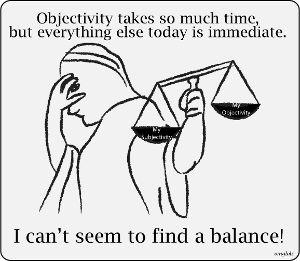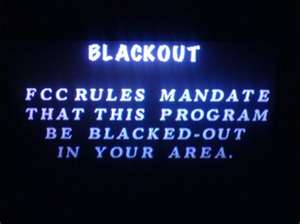 There is an interesting story, at least from an objectivist point of view, making the news rounds. It is a “feel good” story where a young athlete came up against an opponent in a wrestling match who is afflicted with the awful disease of Cerebral Palsy. It is truly a terrible disease that leaves people with full mental capacity and almost no physical abilities. The victim in this case, Jared Stevens, has the physical ability of about a six-month old while he is thirteen years old. A brave young man and he deserves every bit of praise he gets.
There is an interesting story, at least from an objectivist point of view, making the news rounds. It is a “feel good” story where a young athlete came up against an opponent in a wrestling match who is afflicted with the awful disease of Cerebral Palsy. It is truly a terrible disease that leaves people with full mental capacity and almost no physical abilities. The victim in this case, Jared Stevens, has the physical ability of about a six-month old while he is thirteen years old. A brave young man and he deserves every bit of praise he gets.
What I want to examine here is the notion of good and how it relates to objectivism and this incident. What happened is that Jared’s opponent in the wrestling ring allowed Jared to win. Really, essentially, pulled Jared on top of him and let himself be pinned. Everyone applauded and praised both Jared and his benefactor, Justin Kievit, happily. Certainly judging by the comments and reaction to the story almost everyone agrees it was a generous and wonderful thing to do.
While I praise Justin and his ability to give someone else a moment to shine I’m just not sure it’s as wonderful a thing as everyone seems to think. I do see the value, in a practice or informal match, of allowing an inferior opponent to make a game of it by not focusing as much and even slowing down a bit. It might give them confidence, it might make them happy for a moment, and certainly a junior-high wrestling match outcome is not a big deal one way or the other.
That all being said I’m just not sure what this accomplishes. Is every wrestler Jared comes up against supposed to let him win? Should he be declared the state champion at the end of the season? If there is a district match is Jared allowed in at the expense of another wrestler? I think these are all legitimate questions.
Jared knows he didn’t actually earn his victory. Did he replace another wrestler in that weight class? Did Justin’s team lose the meet because of this match loss?
One of the hallmarks ideas of objectivism is to look at reality. The reality is that Jared cannot compete in a wrestling match with any hope of success. If we pretend to make that happen are we really helping Jared? Are we teaching Justin that his actions were “good” and thus setting him up for failure in the future?
I’m of the opinion that we should generally try to do our best. Again, a father-son game in which the father eases up a little to let the son win is not unreasonable. But to simply lie down and lose? What does the son gain? He knows he didn’t earn victory. What lesson is the father imparting, don’t try, let the inferior athlete win?
I’m certain that I’m coming across as heartless here and that’s not my intent. I just don’t see how this is objectively “good” for either Jared or Justin. What would have been best, in my opinion, is to have Justin pin Jared and congratulate him on his courage for trying.
Winning is of far less importance than trying our best. Jared’s attempt is the victory here, the winning is simply a sham.
Tell me how awful I am in the comments below! 🙂
Tom Liberman
Sword and Sorcery fantasy with a Libertarian Twist
Current Release: The Hammer of Fire
Upcoming Release: The Sword of Water (at Barnes and Noble, Amazon, and Smashwords soon)
















